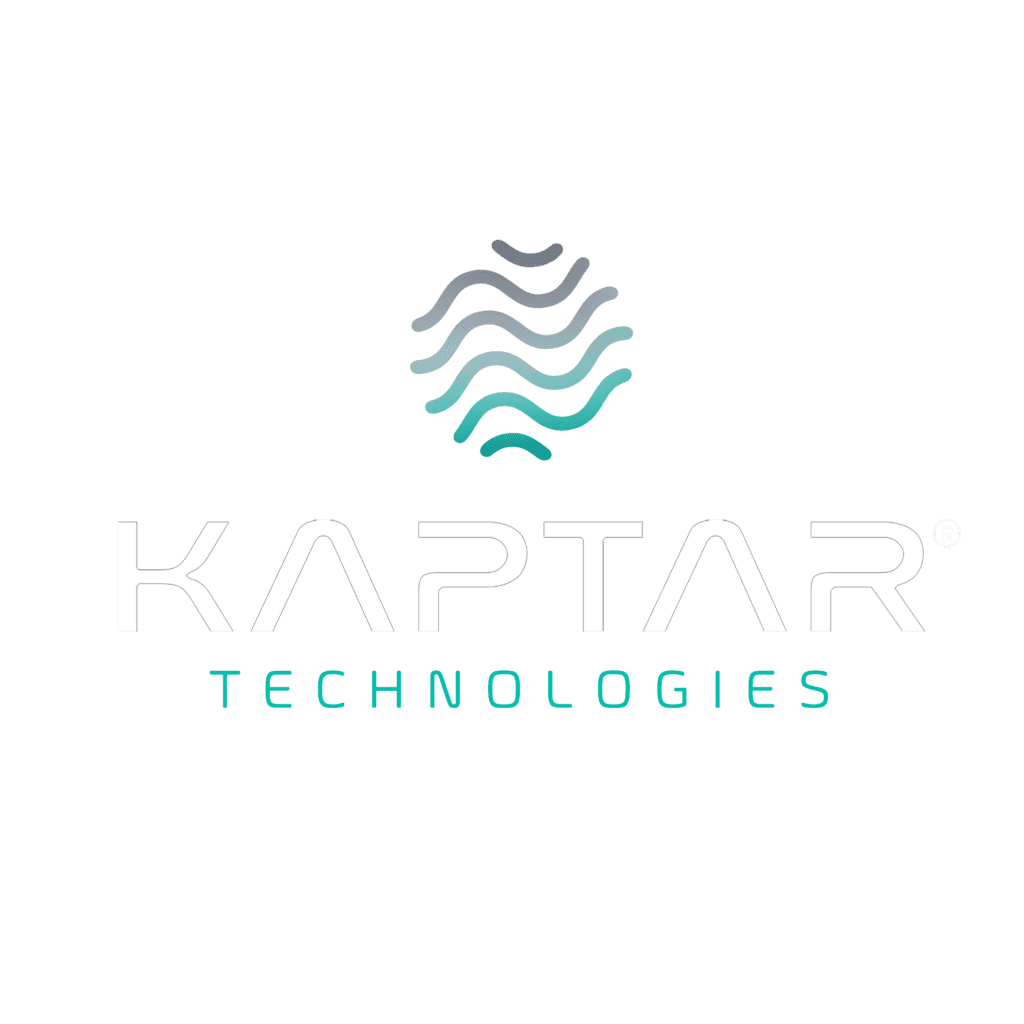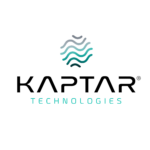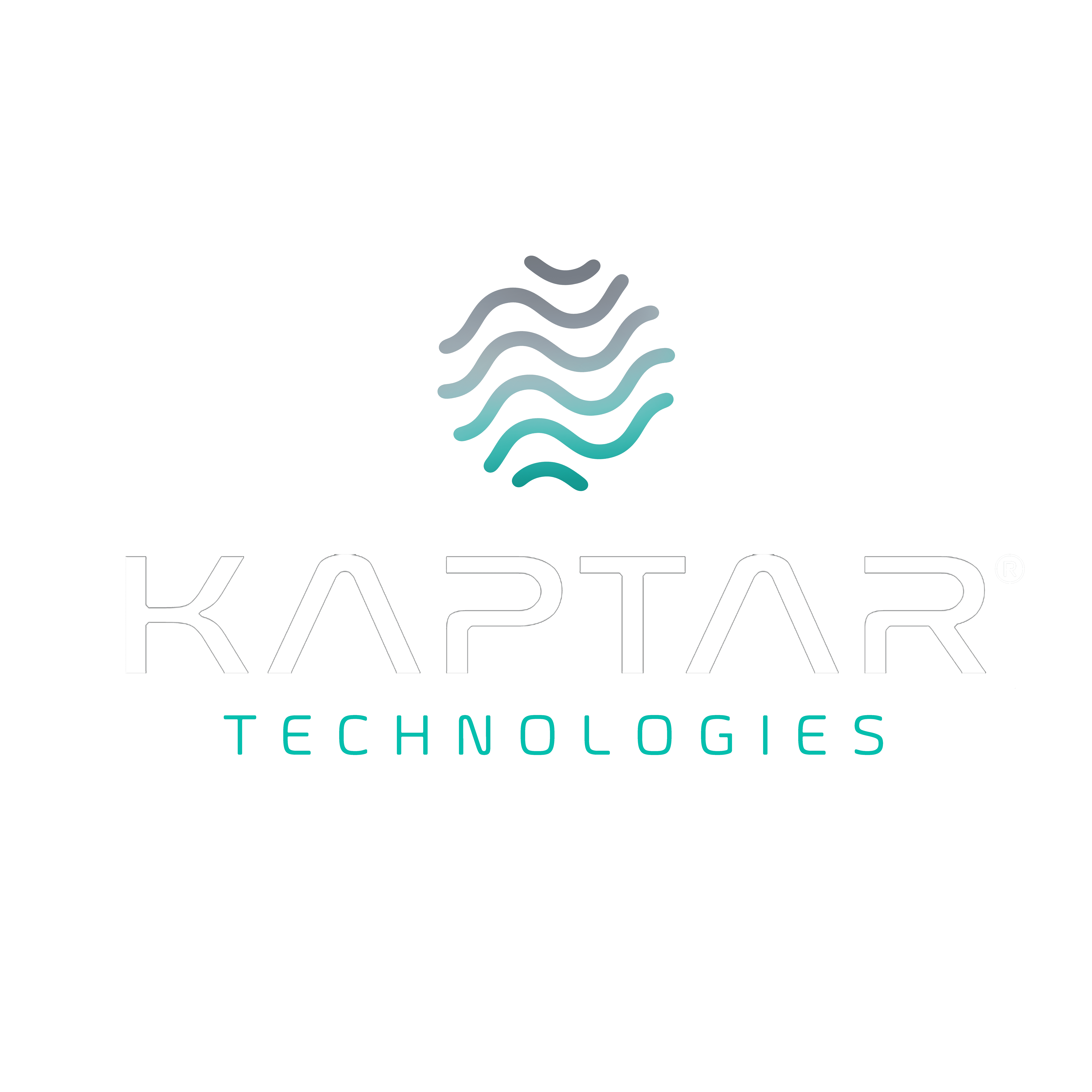
In today’s world, the demand for high-quality food and pharmaceutical products is increasing, and with that comes the need for strict safety and quality controls. One of the most critical aspects of ensuring the quality of these products is managing their temperature during transportation and storage. This is where cold chain monitoring equipment plays a crucial role.
Cold chain monitoring equipment helps in tracking the temperature, humidity, and other environmental factors that may affect sensitive products, such as food and medicines. These items must be kept at specific temperatures to remain safe and effective. Without proper monitoring, products may become unsafe, lose their effectiveness, or spoil before they reach the consumer. In this blog, we will explore why cold chain monitoring equipment is a must-have for both the food and pharmaceutical industries.
Why Cold Chain Monitoring Equipment Is Essential
In both the food and pharmaceutical industries, quality and safety are top priorities. Cold chain monitoring equipment ensures that sensitive products are maintained within the required temperature ranges during their entire journey from production to delivery. Whether it’s keeping vaccines at the correct temperature or ensuring frozen foods stay frozen, cold chain monitoring devices are essential to the integrity of the supply chain.
Maintaining Product Safety
For the pharmaceutical industry, the integrity of vaccines, medications, and other temperature-sensitive products is non-negotiable. If these products are exposed to incorrect temperatures, their effectiveness can be compromised. Cold chain monitoring devices help maintain the correct temperature at all times, which ensures that the products are safe for consumers.
Similarly, the food industry faces similar challenges. Perishable items such as dairy, meat, and frozen foods are highly sensitive to temperature changes. A sudden rise in temperature can lead to bacterial growth, which can make food unsafe to eat. By using cold chain monitoring equipment, businesses can ensure the products stay fresh and safe for consumption.
Minimizing Waste
Spoiled food or compromised pharmaceutical products are a waste of money and resources. For example, if a shipment of vaccines is kept at the wrong temperature, the entire batch might have to be discarded, leading to financial losses. Similarly, spoiled food can be both a financial burden and a health hazard. By using cold chain monitoring devices, businesses can ensure that products are transported and stored properly, minimizing the risk of spoilage and reducing waste.
The Role of Cold Chain Temperature Monitoring Devices
Cold chain temperature monitoring devices are at the heart of cold chain management. These devices continuously track the temperature of the products throughout the supply chain, whether they’re being transported by truck, stored in a warehouse, or sitting on a retail shelf. The devices alert the concerned parties if the temperature falls outside the safe range, giving them an opportunity to take immediate corrective action.
Real-Time Monitoring
One of the main benefits of cold chain temperature monitoring devices is the ability to monitor temperatures in real-time. These devices often come with sensors that provide constant feedback, allowing you to know exactly how the product is being handled. If a temperature fluctuation occurs, an alert can be sent instantly, notifying you to take action before any harm is done. This is especially important for products like vaccines, which are highly sensitive to temperature changes.
Data Logging and Reporting
Cold chain temperature monitoring devices also come with the ability to record data over time. This feature can be valuable for tracking temperature changes and for audits. For example, if a batch of vaccines is tested for efficacy after reaching its destination, the recorded temperature history can help determine if temperature variations could have impacted the product. This data is important not only for quality assurance but also for compliance with regulations, as both the food and pharmaceutical industries are often subject to strict guidelines.
Benefits of Cold Chain Monitoring Equipment for the Food Industry
The food industry, like the pharmaceutical sector, relies on cold chain management to ensure product safety and quality. The benefits of cold chain monitoring equipment extend beyond just maintaining the right temperature. It helps businesses streamline operations, ensure regulatory compliance, and reduce product loss.
Ensuring Compliance with Regulations
In many countries, food safety regulations require that certain products, such as meat and dairy, be kept within a specific temperature range. Using cold chain monitoring equipment helps businesses stay compliant with these laws. By ensuring that temperature-sensitive products are stored and transported correctly, businesses reduce the risk of fines or penalties for non-compliance.
Protecting Consumer Health
Foodborne illnesses are a serious health concern. Temperature fluctuations during transportation or storage can lead to bacterial growth in perishable foods, making them unsafe to eat. Cold chain monitoring devices help protect consumer health by ensuring that food remains at the proper temperature from the moment it is harvested to when it reaches the consumer’s kitchen.
Benefits of Cold Chain Monitoring Equipment for the Pharmaceutical Industry
The pharmaceutical industry faces unique challenges when it comes to temperature-sensitive products. Vaccines, biologics, and other medications must be maintained within strict temperature ranges to retain their efficacy. Cold chain monitoring equipment is critical to ensuring the safety and effectiveness of these products.
Preserving Product Efficacy
In the pharmaceutical industry, even a slight change in temperature can affect the potency of a medication. Cold chain monitoring devices ensure that products like vaccines and insulin are kept at the right temperature, preserving their efficacy. Without proper monitoring, there is a risk that patients may receive a medication that is no longer effective, which could have serious health consequences.
Enhancing Traceability
The ability to trace the history of a product’s temperature during its journey through the supply chain is an invaluable tool for pharmaceutical companies. Cold chain monitoring devices record temperature data that can be used to verify if a product was stored properly at all stages of its transport and storage. This traceability is important for meeting regulatory standards and for addressing any issues that might arise.
How Cold Chain Monitoring Equipment Works
Cold chain monitoring equipment typically involves a combination of sensors, software, and alerts to keep track of temperature and environmental conditions. Here’s how it works:
- Sensors: These are placed inside containers or vehicles to monitor temperature and humidity. They continuously measure the environment and send data to a central system for analysis.
- Data Logging: The temperature data is stored in logs that can be reviewed later. This data is crucial for audits and for determining whether temperature deviations occurred during transportation or storage.
- Alerts: If the temperature moves out of the acceptable range, the system triggers an alert, notifying the relevant parties (e.g., warehouse managers, drivers, etc.). This allows for quick action to be taken to correct the issue.
- Software: The data from the sensors is often analyzed by software that can generate reports, display graphs, and provide insights into the temperature history of the product.
Why Choose Cold Chain Monitoring Equipment?
The benefits of cold chain monitoring equipment are clear: it ensures product safety, reduces waste, complies with regulations, and provides valuable data for audits. Whether you’re working in the food industry or the pharmaceutical sector, these devices are crucial for maintaining the integrity of your products.
Investing in cold chain monitoring devices can help you save money in the long run by reducing the risk of spoilage and ensuring that you’re providing high-quality, safe products to your customers. Additionally, it helps build trust with consumers, as they will appreciate knowing that you are taking the necessary steps to ensure the safety of the products they purchase.
Take control of your supply chain now!
In conclusion, cold chain monitoring equipment is not just a luxury—it’s a necessity for industries that deal with temperature-sensitive products like food and pharmaceuticals. These devices ensure that products are stored and transported safely, preserving their quality and effectiveness. By investing in cold chain temperature monitoring devices, businesses can minimize waste, maintain compliance with regulations, and ensure the safety of the products they provide to consumers.
Whether you’re in the food or pharmaceutical industry, the importance of cold chain monitoring equipment cannot be overstated. It’s not just about maintaining temperature; it’s about ensuring that your customers receive safe, high-quality products that meet their needs.
FAQs (Frequently Asked Questions)
In the food industry, cold chain monitoring is crucial to prevent spoilage and bacterial growth in perishable goods. By ensuring that food products remain at the correct temperature throughout the supply chain, cold chain monitoring devices help protect consumer health and minimize waste, while also ensuring compliance with food safety regulations.
Cold chain monitoring devices use sensors to continuously measure the temperature and other environmental factors of products. These sensors send data to a central system, which logs the information and triggers alerts if temperature fluctuations occur, allowing for immediate corrective actions to be taken if necessary.
Cold chain temperature monitoring devices help preserve the efficacy of temperature-sensitive pharmaceutical products like vaccines and biologics. By ensuring that these products remain within the required temperature range, these devices prevent the loss of potency and ensure that patients receive safe, effective medications.
Yes, cold chain monitoring equipment helps businesses comply with industry regulations by providing accurate records of temperature and environmental conditions during transportation and storage. This data is essential for audits and helps meet safety standards set by regulatory bodies in the food and pharmaceutical industries.
Key features of cold chain monitoring equipment include real-time temperature tracking, data logging, alert systems for temperature deviations, and user-friendly software for analyzing data. These features work together to ensure that temperature-sensitive products remain safe and effective throughout the entire supply chain.




